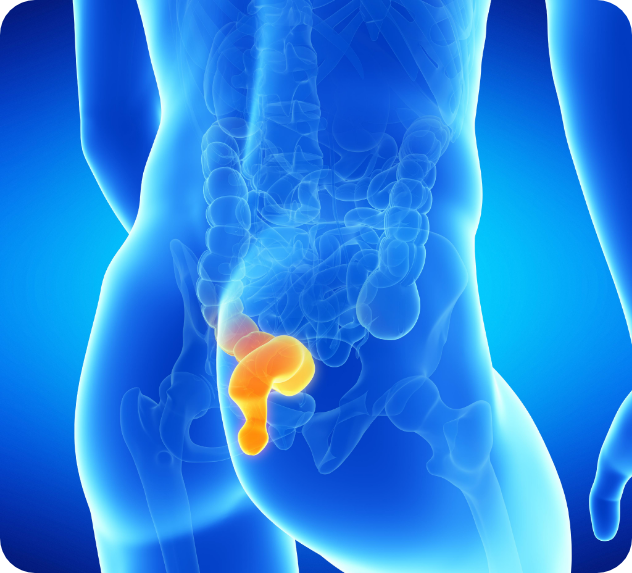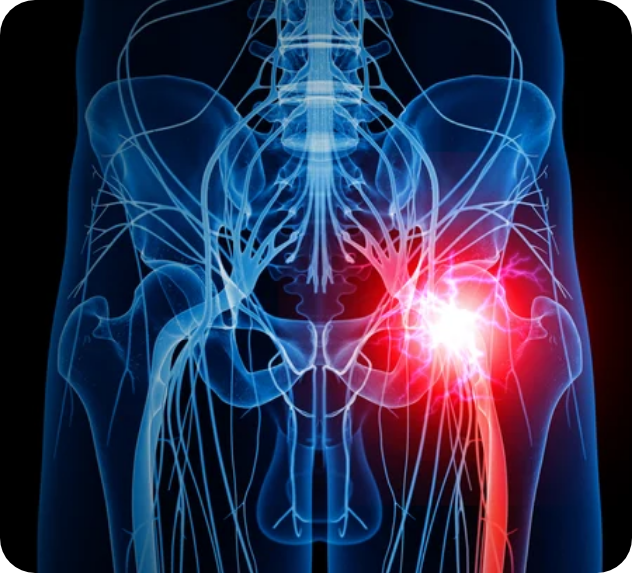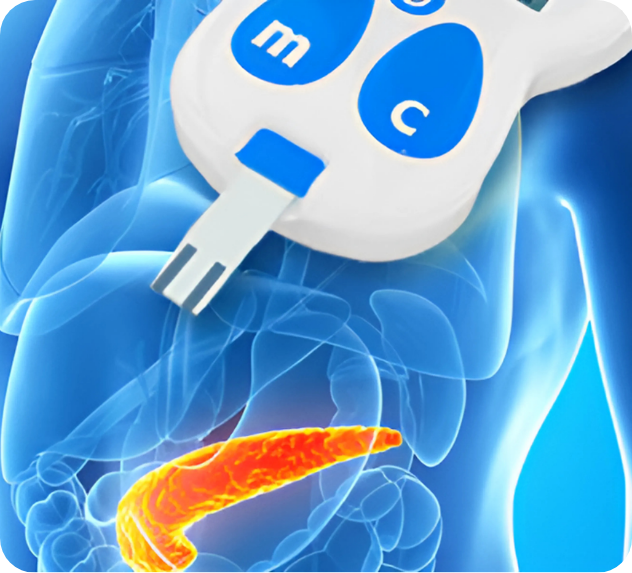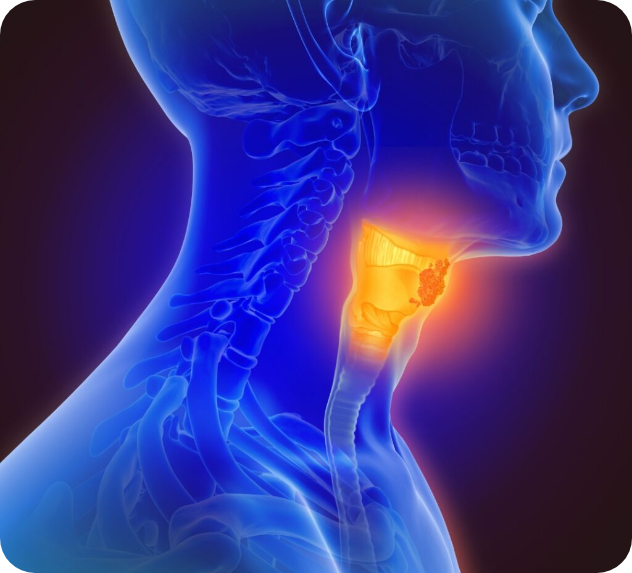Pain or Discomfort
Especially during bowel movements, sitting, or standing for long periods.
At Abhay Ayurveda, we believe in treating diseases from the root cause rather than just managing symptoms. Our approach is grounded in the ancient science of Ayurveda, offering personalised treatments using natural medicines with no side effects. We address a wide range of health conditions, focusing on balancing the body's doshas (Vata, Pitta, Kapha) to restore health and harmony.
In Ayurveda, anorectal diseases are primarily caused by imbalanced doshas that affect the digestive and elimination systems. These imbalances can lead to blockages, inflammation, and discomfort in the anorectal region, causing pain and difficulties in bowel movements. Ayurveda offers effective, natural solutions for these conditions, emphasising herbal therapies, Kshar Sutra procedures, and lifestyle modifications for long-term relief.
Especially during bowel movements, sitting, or standing for long periods.
Bright red blood during or after bowel movements, often indicative of haemorrhoids or anal fissures.
Around the anus, often caused by haemorrhoids or infections.
Around the anus, which may indicate haemorrhoids or an abscess.
Unexplained mucus from the rectum, sometimes associated with rectal prolapse or inflammatory conditions.
Difficulty controlling bowel movements, often seen in advanced anorectal diseases.
A common symptom, especially when related to haemorrhoids or anal fissures.

In Ayurveda, sciatica is known as “Gridhrasi,” primarily caused by an aggravated Vata dosha affecting the sciatic nerve. Sciatica is characterised by pain that radiates along the path of the sciatic nerve, which extends from the lower spine through the hips, buttocks, and down each leg.

In Ayurveda, diabetes is known as Madhumeha, a type of Prameha, referring to disorders related to excessive urination. It is primarily caused by an imbalance in the Vata and Kapha doshas, leading to improper glucose metabolism and weakened pancreatic function.
Persistent hyperglycaemia damages blood vessels and nerves.
Affects wound healing and increases infection risks.
Leads to tissue damage.
Worsens metabolic control in Type 2 diabetes.

In Ayurveda, hypothyroidism and hyperthyroidism are considered disorders related to imbalances in the body's doshas—primarily Vata, Pitta, and Kapha—affecting thyroid function, metabolism, energy levels, and hormonal balance.
